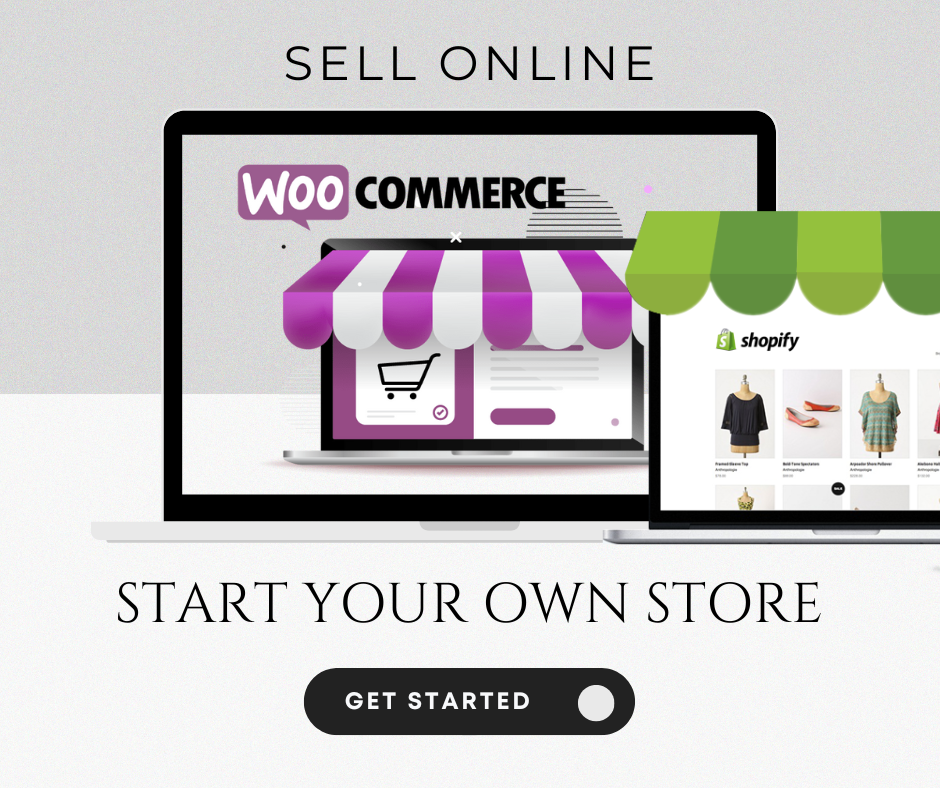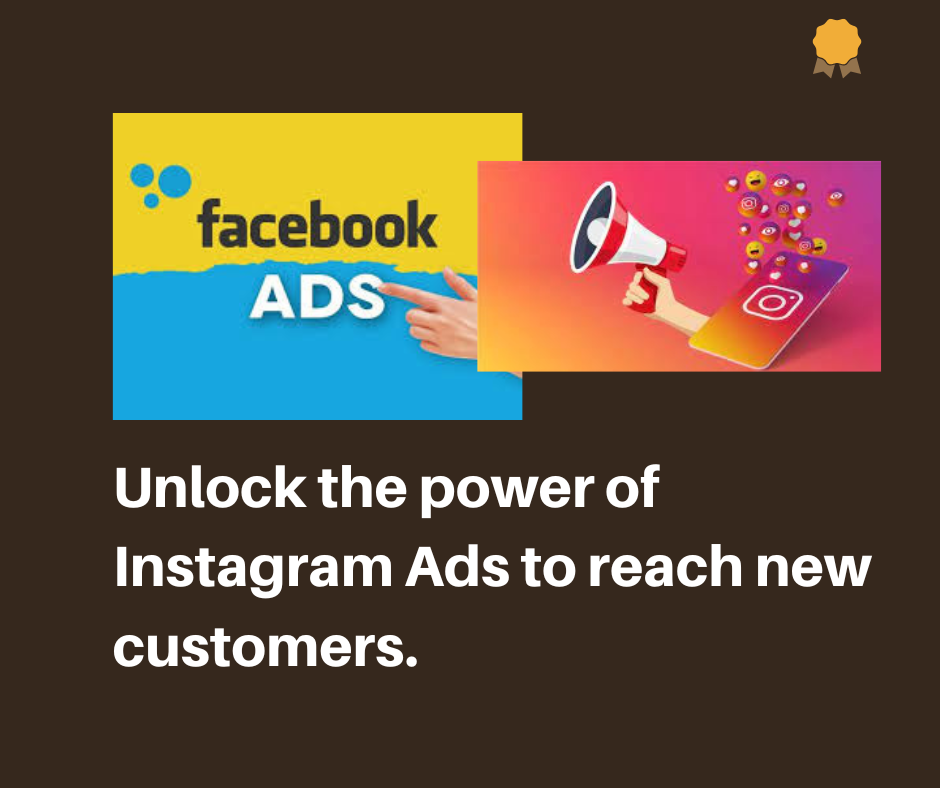Understanding Branding in the Digital Age
Branding has evolved significantly with the arrival of the digital age, transforming how businesses communicate with customers and how they establish a presence in the market. At its core, branding represents the identity of a business, encompassing its values, vision, and mission. In the digital landscape, a strong online presence is critical, as it provides consumers with accessible channels to engage with brands and form perceptions that resonate with them.
One of the most crucial aspects of digital branding is the ability to reach and connect with target audiences through various online platforms. Social media, websites, and content marketing channels allow businesses to showcase their unique selling propositions, thereby strengthening their overall brand image. This emphasis on digital branding enables companies to build and maintain customer loyalty, as consistent messaging across platforms fosters trust and recognition with consumers.
To differentiate themselves in today’s competitive market, businesses must adopt effective branding strategies that integrate traditional principles with modern digital tools. This includes employing visual elements that are consistent across different platforms, maintaining a cohesive tone and voice in messaging, and utilizing customer feedback to refine branding tactics. Additionally, digital tools such as search engine optimization (SEO) and data analytics play a vital role in measuring the effectiveness of branding efforts and ensuring that businesses remain responsive to consumer trends.
This blend of traditional branding concepts and innovative digital methodologies empowers companies to create unique identities that resonate with their target audiences. Ultimately, understanding the dynamics of branding in the digital age is essential for businesses seeking to enhance their visibility and foster lasting relationships with their customers.
-
How SEO Helps Your Website Get More Visitors
SEO optimization Understanding SEO: The Basics Search Engine Optimization (SEO) is a digital marketing strategy that focuses on optimizing a website in order to…
-
Online store Design – E-commerce
Understanding Ecommerce Development Ecommerce development refers to the process of building and maintaining an online store where businesses can sell their products or services…
-
Shopify or WooCommerce: Which is Best for Online Store
Shopify or woocommerce – Starting an online store using platforms like WooCommerce and Shopify can be exciting and rewarding! Here’s a general guide for…
-
Pinterest business advertising to grow business
Understanding Pinterest as a Business Platform Pinterest business advertising – Pinterest stands out as a unique platform for businesses and brands due to its…
-
Quora Business Ads to increase website traffics
Quora Business Ads campaings Quora Business Ads represent a powerful advertising tool designed to reach a diverse audience seeking knowledge and solutions. Quora, a…
-
Importants of Website for Business Drive more Sales
Importants of website – Did you know that 70% of online shoppers abandon their carts? This startling statistic highlights the impact that a well-optimized…
-
Twitter Ad Campaign to grow business
Twitter ads Understanding Your Audience Twitter ads – Before embarking on a Twitter ad campaign, it is imperative to have a comprehensive understanding of…
-
Reddit Business Ads Grow your web traffics today
Understanding Reddit and Its Audience Reddit is a complex and multifaceted social media platform that distinguishes itself through its unique structure, comprising countless communities…
-
Get More Views on Your Videos with Google Ads
Youtube video ads – Unlocking the potential of your videos can be a game-changer. Google Ads provides powerful tools to increase views and boost…
-
Instagram Ads Your Guide to Attracting New Customers
Understanding Instagram Advertising In today’s competitive landscape, effective marketing strategies are paramount. Instagram ads present a unique opportunity to engage with a vast audience,…
-
YouTube Ads for business Can Boost Your Sales
Introduction to YouTube Advertising In today’s digital landscape, advertising on platforms like YouTube has become essential for businesses striving to increase sales. With over…
Search

E-Commerce Store Expert
Ready to start selling online?
Create your online store with us today!
Take your business to the next level!
Latest Posts
Categories

The Impact of Digital Marketing Services on Business Promotion
In the modern business landscape, digital marketing services play a crucial role in promoting brands and driving conversions. Various tactics within this realm, such as social media marketing, search engine optimization (SEO), content marketing, and email marketing, collectively contribute to a comprehensive digital strategy aimed at reaching a wider audience. Each of these services serves unique purposes while complementing one another to enhance overall effectiveness.
Social media marketing has emerged as a pivotal tool for businesses to connect with their audience on platforms like Facebook, Instagram, and Twitter. By leveraging targeted advertising and engaging content, brands can cultivate a loyal community and foster direct interaction with potential customers. The immediacy and vast reach of social media allow businesses to disseminate information rapidly, thus ensuring they remain relevant in their respective markets.
Search engine optimization (SEO) is another fundamental aspect of digital marketing that focuses on improving a website’s visibility on search engine result pages. Businesses employing effective SEO strategies can enhance their organic search rankings, making it easier for users to discover their offerings. By optimizing keywords, creating quality content, and ensuring a seamless user experience, companies can significantly increase website traffic and conversion rates, contributing to overall business success.
Numerous case studies illustrate the transformative power of these digital marketing services. For instance, a small e-commerce company that implemented SEO strategies and enhanced its social media presence experienced a notable increase in web traffic and sales within months. Such examples demonstrate the practical impact of digital marketing on business promotion, underscoring its necessity in today’s competitive environment.
Creating a Comprehensive Digital Marketing Strategy
Developing an effective digital marketing strategy is crucial for aligning your branding goals with your business promotion efforts. The first step in this process is to identify your target audience clearly. Understanding who your potential customers are—including their demographics, interests, and online behaviors—will enable you to tailor your marketing efforts to meet their specific needs. This targeted approach not only increases engagement but also enhances the likelihood of conversion.
Next, it is essential to set clear objectives that guide your digital marketing initiatives. These objectives should be specific, measurable, achievable, relevant, and time-bound (SMART). By establishing concrete goals, such as increasing website traffic, growing your social media following, or boosting sales, you create a framework that can direct your strategies as well as provide benchmarks for success.
Once your target audience and objectives are defined, the next step involves choosing the right digital channels to maximize your reach. Various platforms, including social media, email marketing, content marketing, and search engine optimization, offer unique opportunities. Selecting the appropriate channels requires an understanding of where your audience spends their time and the types of content they prefer to consume. branding and marketing
Moreover, effective content planning is vital in ensuring that your brand messaging is consistent across all platforms. Consistency not only builds credibility but also strengthens brand recognition. By creating a content calendar, brands can streamline their messaging and maintain a coherent online presence, reinforcing their identity and driving customer loyalty.
Measuring Success: Analytics and Adaptation in Digital Marketing
In the increasingly competitive landscape of digital marketing, measuring success is a crucial component for businesses striving to enhance branding and promotional efforts. Key performance indicators (KPIs) serve as the benchmarks for effectiveness, providing insights into the success of various campaigns. Some critical KPIs include website traffic, conversion rates, social media engagement, and customer acquisition costs. By consistently monitoring these metrics, businesses can gain invaluable feedback about their strategies’ performance.
Employing robust analytics tools is essential to track digital engagement in real-time. Platforms such as Google Analytics, HubSpot, and social media insights provide comprehensive data regarding audience interactions. These tools facilitate the collection of granular information about user behavior, which marketing teams can analyze to identify trends and patterns. For instance, understanding which content generates the highest engagement can inform future content marketing strategies and optimize resource allocation. Furthermore, these analytics not only shed light on successful initiatives but also highlight areas that may require improvement or a different approach.
Interpreting this data benefits significantly from the application of critical thinking and strategic foresight. Businesses should not only focus on outcomes but also investigate the underlying factors affecting performance. This intelligent interpretation enables organizations to pivot their strategies quickly, adapting to market changes and consumer preferences. Flexibility in digital marketing initiatives allows brands to stay responsive rather than reactive. Automation tools and performance dashboards can aid in this adaptability, helping firms to stay ahead of their competition. branding and marketing
Ultimately, harnessing analytics and being open to adaptation fosters a culture of continuous improvement. As brands gain insights and refine their initiatives based on data-driven decisions, they can enhance their digital marketing, fully leveraging the power of these services to promote effective branding and business growth.











